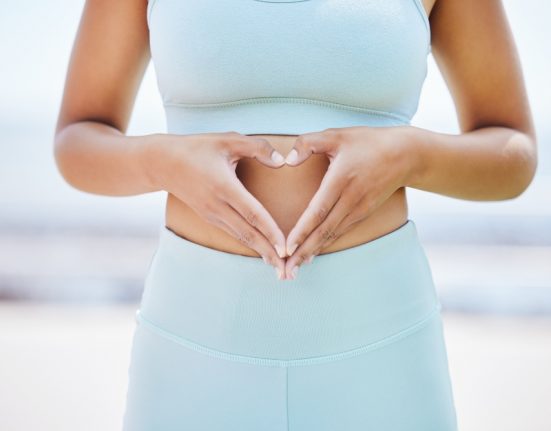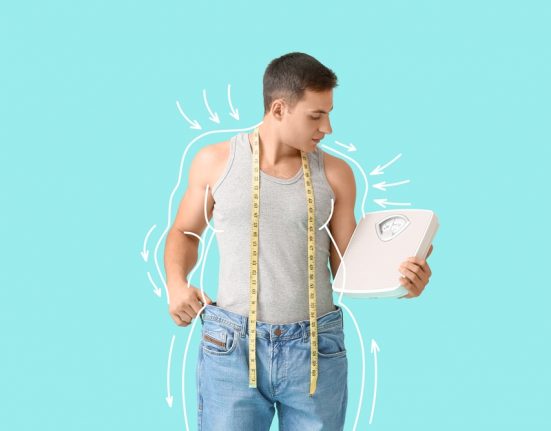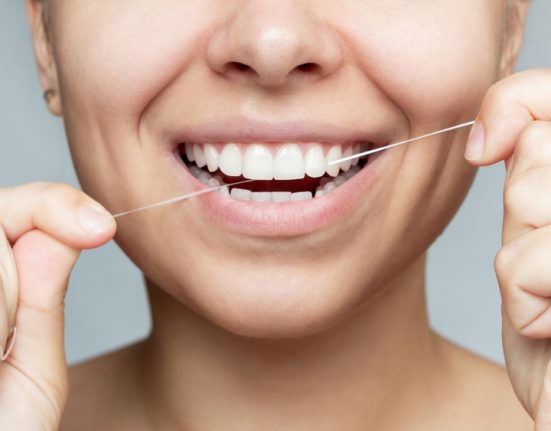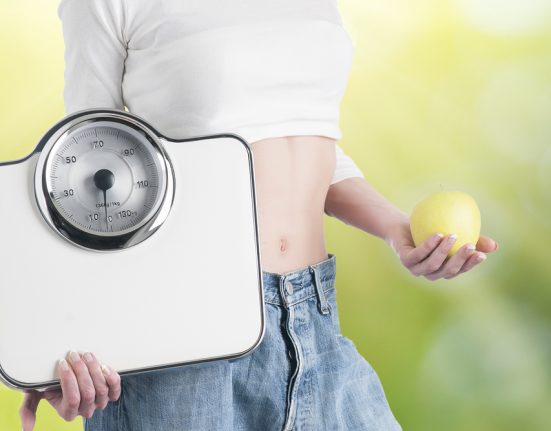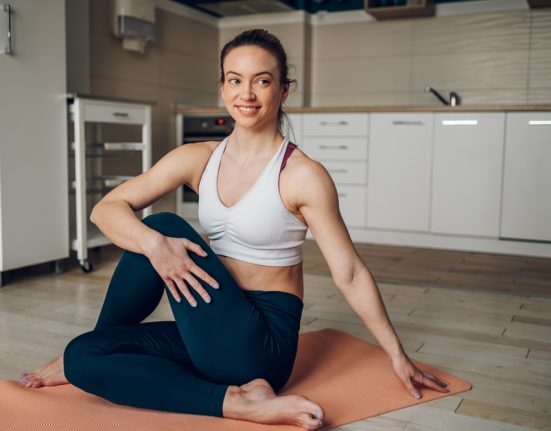On Nutrition
If you’re a recreational exerciser — maybe you go to the gym, take dance or yoga classes, do day hikes or long bike rides on nice weekends — you may wonder how to eat and hydrate around exercise. Here are the three questions I hear the most, and some answers.
Should I work out on an empty stomach?
That depends. If you exercise for less than an hour right after you roll out of bed in the morning, then you don’t necessarily need to eat anything first, especially if your activity is moderate — maybe you’re doing some yoga or going for a walk. However, if you are going to be running, swimming, taking a vigorous fitness class or lifting weights, it’s a good idea to eat something first. Food is your body’s fuel: if you’re running on empty, you’re not likely to have an energetic workout.
I’ll get into the “what to eat” part in a moment, but as far as timing goes, drinking some water and eating a fist-sized portion of food about an hour before exercise provides your body with energy, but isn’t likely to upset your stomach while exercising. It’s not a good idea to go several hours without eating and then try to exercise.
For vigorous exercise — or exercise lasting more than an hour — eat something before and shortly after. If it’s time for a regular meal after you exercise, great, otherwise, have a snack. If you’re exercising for many hours — such as a day hike or a long bike ride — then you’ll need additional food and water during the exercise.
Do I need to eat specific foods?
Carbohydrates are the major fuel for exercising muscles. If you’re eating enough high-quality carbohydrates throughout the day — whole grains, pulses (beans and lentils), fruits and vegetables — you don’t have to, say, aim for X grams of carbohydrates before/during/after exercise. Just giving your body some carbohydrate and a little protein when you do need a pre-exercise snack is fine.
You may need to experiment with which foods make your stomach happy during different types of exercise, but good options include a granola bar, a peanut butter and jelly sandwich, a fist-sized amount of trail mix, oatmeal or yogurt with fruit and nuts, or a banana with peanut or almond butter. A small fruit-based smoothie is another good option, especially if you find it hard to stomach solid food first thing in the morning.
What about protein powders? We build muscle and get stronger by using our muscles and eating enough protein as part of a balanced diet. That doesn’t mean extra protein is better. Most people can get enough protein from food alone.
Should I drink sports drinks?
Water is a great beverage for most exercisers, and it’s better to get most of your calories and carbs from food. However, you might benefit from a sports drink during lengthy exercise or if you are a salty sweater — losing enough salt to sting your eyes and deposit gritty, white residue on your skin and clothing.
According to the Institute of Medicine, adult females should drink nine 8-ounce glasses (about 70 total ounces) of fluid a day, and adult males should drink 13 8-ounce glasses (about 100 total ounces) of fluid a day. Drink water regularly through the day, then drink 20 ounces about an hour before you exercise. You may need more fluid during exercise, depending on how much you’re sweating. After exercise, drink more water or eat water-rich foods, such as juicy fruit.



